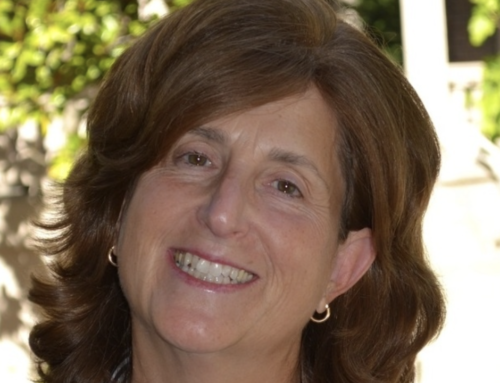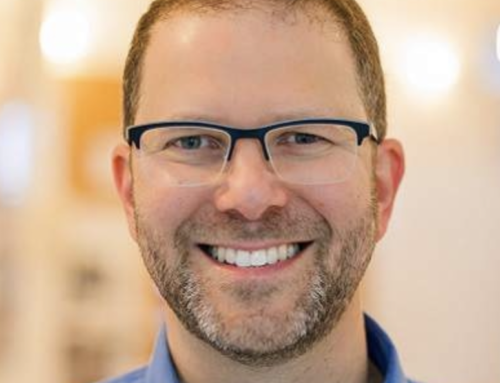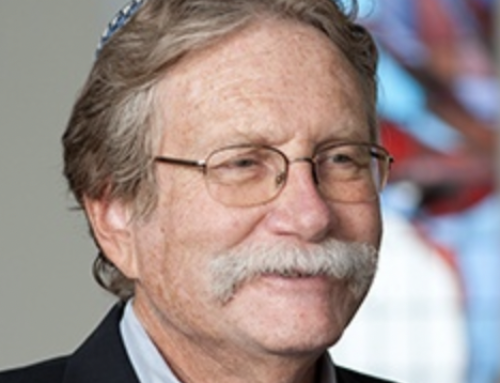The spring season brings to the Jewish and Israeli calendar several important holidays and dates.
While Passover represents the unique Jewish redemption and exodus story, it is the universal messaging of the holiday that made it so well known and popular among non-Jewish audiences. From Soviet resistance to the U.S. civil rights movement, global groups and leaders have used Passover themes to empower their voice.
It is not coincidence that the Jewish world and Israel shine when specific historical events and holidays are being transformed to represent universal values, reminding us of the many ways the world can connect with Jewish and Israeli principles. Israel and Jewish communities globally have expressed for generations the need to go beyond Middle East conflicts and the ‘particularism’ of Jewish life, and remind humanity about the relevance of Jewish events, holidays, values, innovation and problem solving.
The examples are many, old and new.
For many Israelis, Passover ends with planning of their Holocaust remembrance ceremonies. But it was only when the United Nations adopted the International Holocaust Day more than a decade ago, that non-Jewish communities, schools and governmental agencies globally started to understand the importance of holocaust education in order to fight modern-day racism and cases of genocide.
Similarly, Tu Bishvat, the birthday of trees, has been expanded and now includes themes related to sustainability and climate change. The successful export story of Israel as a ‘Start-Up Nation’ brought to the world ways to use Israeli innovation to solve universal challenges, such as domestic violence, curing diseases, or preventing car accidents, to name a few.
The transition of Jewish and Israeli values into universal ones may lead to an important discussion about how to keep the uniqueness of the Jewish experience in a changing world. Yet, the benefits are overwhelming. Not only it makes the world a better place, but it also reminds our own communities about the internal treasures their have in their hands.





